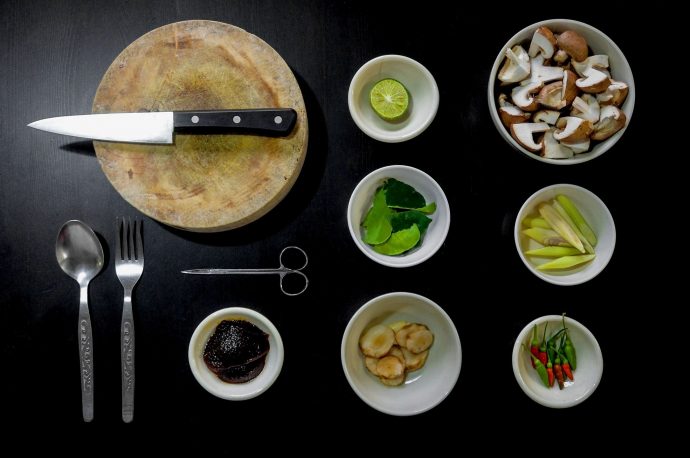I’m not a great cook.
Early in our marriage, I wanted to make boxed mac and cheese for dinner, and because we did not have any margarine in the cabinet, I substituted vegetable oil. The results were… slick.
Then, several years later, I accidentally used baking soda instead of baking powder in a batch of pancakes I was putting together. The results were… sharp.
There have been other missteps over the years, but as with all things, they have become fewer and fewer the more I have practiced. In fact, I’ve even found in some cases that I don’t even need to use a recipe any more. Not always, but sometimes, I’m able to go off script. I can season according to taste or preference rather than following a step by step recipe. The ability to do that comes with time and experience; it happens through trial and error. Though the basics of cooking a dish remain the same, it can be adapted and customized based on the person cooking it and the people it’s being cooked for.
That, in some ways, is the way discipleship works.
If you look to the call of Jesus in Matthew 28, there are a lot of observations we can make about it:
“All authority in heaven and on earth has been given to me. Therefore go and make disciples of all nations, baptizing them in the name of the Father and of the Son and of the Holy Spirit, and teaching them to obey everything I have commanded you. And surely I am with you always, to the very end of the age” (Matt. 28:18-20).
We can observe clearly that this call is rooted in the authority of Jesus, and that He doesn’t only command the task to be done but also promises His presence in doing it. We can also see that this is a global call – it’s not restricted to a certain group of people with a certain education or certain qualifications – it is a call for every Christian to participate in, and for every person on earth to be included in.
Beyond some things like that, we can also notice that this Great Commission is somewhat general in nature. There is no step by step process here; no checklist to follow. It’s simply this – You have learned from following me, now teach others to follow me.
To put it another way, there are the basics here to follow, but the specifics? They are honestly a little vague. I should qualify though – just because the specifics aren’t laid out, it doesn’t mean there aren’t guardrails to follow to keep us in line. That is, we aren’t helping people to follow some ambiguous moral code. We are teaching them to follow Jesus and to obey what He taught. And we have those things laid out for us in the Bible. We cannot extend beyond those boundaries. Same thing is true for cooking.
The basics of baking a cake are pretty constant – you need eggs, flour, sugar, heat – these cannot be substituted. But there is room inside those guardrails for many choices to be made by the chef.
This is important to recognize because of something else we can observe regarding Jesus’ command to make disciples of all nations – this command is given to people. Real, regular, different people. We have, over the course of time, tried in many ways to “outsource” this great task. We have tried to assign it to church staff, trust it to video screens and books, or assume it is happening merely through church attendance. But those efforts do not change the fact that Jesus gave this assignment to people, and only people can complete it.
As we trust Jesus and follow Him, we can also feel the freedom of knowing that God has created us each individually, each with different personalities and traits, with skills and experiences all our own. All of these things come together in the actual fashion that we carry out Jesus’ command. In other words, we observe the guardrails, but we practice discipleship with some measure of individuality. And that is a wonderful thing.
Christian, you are called to make disciples. But being faithful to this command does not mean that you have to strictly follow a recipe. It means you can actually be a cook rather than simply completing a checklist.
Subscribe to MichaelKelley.co
Never miss a new post. Subscribe to receive these posts in your inbox and to receive information about new discipleship resources.






2 Comments